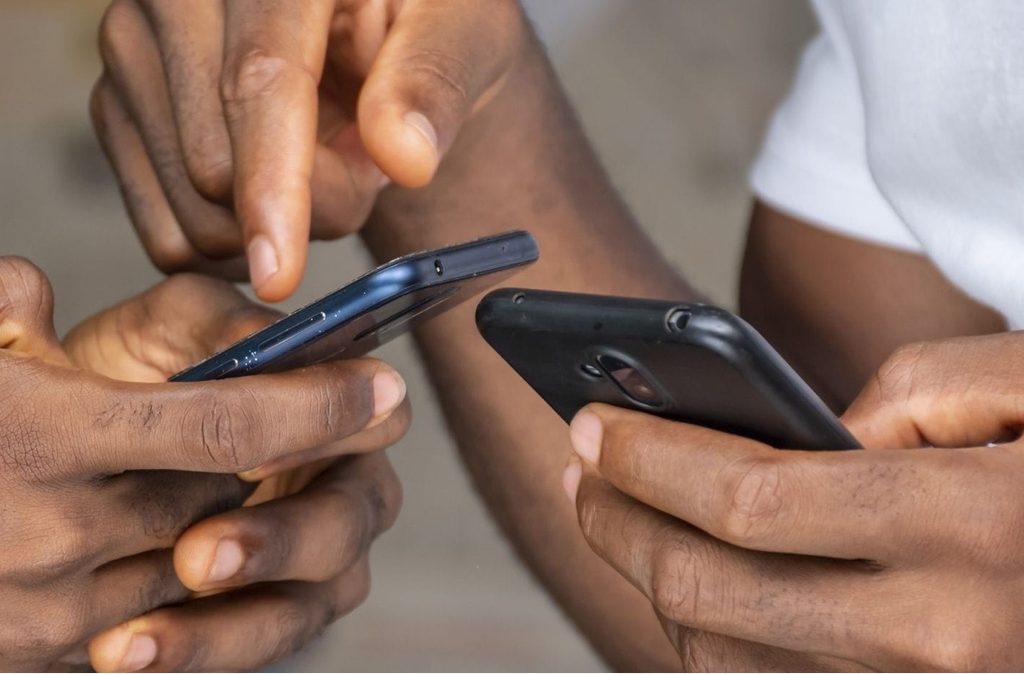It’s 2010 and according to the Dutch party D66 in the European Parliament, the Internet deserves the Nobel Peace Prize. Neelie Kroes, former European commissioner, is also in favor. "The internet can be considered the first weapon of mass construction, which we can deploy to destroy hate and conflict and to propagate peace and democracy.”
It’s 2023 and how times have changed. The Internet evokes a wide range of emotions, reactions, and is associated with our online networks, shopping, and a multitude of other things, but peace and harmony is rarely one of them. Our online world is rife with fake news, disinformation, and abusive language.
Hatred of "the other" and fear of the unknown are not new phenomena, but the internet opened the doors to supermassive and superfast dissemination. 51% of Europeans feel they already have been exposed to or personally witnessed disinformation on the internet. And 87% of Belgians say access to the internet and social media has made people more easy to manipulate through false information and rumors, according to a European survey.
The Internet in general and social media in particular promised us a world of limitless reach and connection. But in reality, these platforms divide us into groups: "us" versus "them" and feed off the conflict-driven analytics. And these conflicts that emerge online, often have offline consequences, including increasing the risk of violence.
Social technology is fueling conflict, including mass-violence in fragile states that disproportionately affects the most marginalized people. Despite proven links between hatred stoked online and offline violence, for example, in Myanmar, Sri Lanka, and the United States, technologies have not been fundamentally adapted to prevent future atrocities.
And what if we tried to return to the logic of 2010 and tried to use the Internet for good? What if technology built trust and collaboration, instead of polarisation and hatred? Because peace matters, now more than ever before. The United Nations is using the annual International Day of Peace on 21 September to point out both our individual and collective responsibility to achieve peaceful societies, including through a responsible use of the internet and social media.
Collectively, in terms of technology, we are seeing steps in the right direction to make the Internet a safer place. Meta, YouTube, X (formerly known as Twitter), and TikTok face intense scrutiny after a recent EU report revealed their failure to constrain a massive Kremlin disinformation campaign surrounding Russia's invasion of Ukraine. The study found that "the reach and influence of Kremlin-backed accounts has grown further in the first half of 2023, driven in particular by the dismantling of X’s safety standards.
We are at a tipping point. The next 5 years represent a moment where we can drive change in how today's social technologies take (or save) lives and how tomorrow's social technologies are designed and regulated.
One billion people, largely living in already-highly polarised societies across the Global South, will come online by 2027, arriving into a social internet with even more persuasive technologies like conversational AI. Now is the time to act to prevent atrocities, genocide, and civil wars. Inaction will translate into tens of thousands of lives lost.
Tech companies can’t do this alone, neither can policy makers in Brussels, nor experts, or peacebuilders and well intentioned CSOs. This shared problem requires a collaborative solution that harnesses the unique expertise and perspectives of each of these groups to build a better internet. We also need to be increasingly mindful of those that are missing from the conversation, for example the one billion people across the Global South who are due to come online by 2027, to build solutions that are fit for purpose and meet their specific needs.
We know that simply doing nothing is not enough, so now is the time to capture this moment when awareness of these dangers, triggered by the spread of AI and increased scrutiny of tech, is sparking a public debate - opening a window of opportunity to influence tech design and regulation to protect future generations.
Mis/disinformation and content moderation may soon be yesterday’s solutions. It is time to move beyond simply ‘stopping’ the harms and move toward an integrated approach that promotes a tech ecosystem that not only does more good for societies but also fosters peace, rather than fractures healthy communities.


